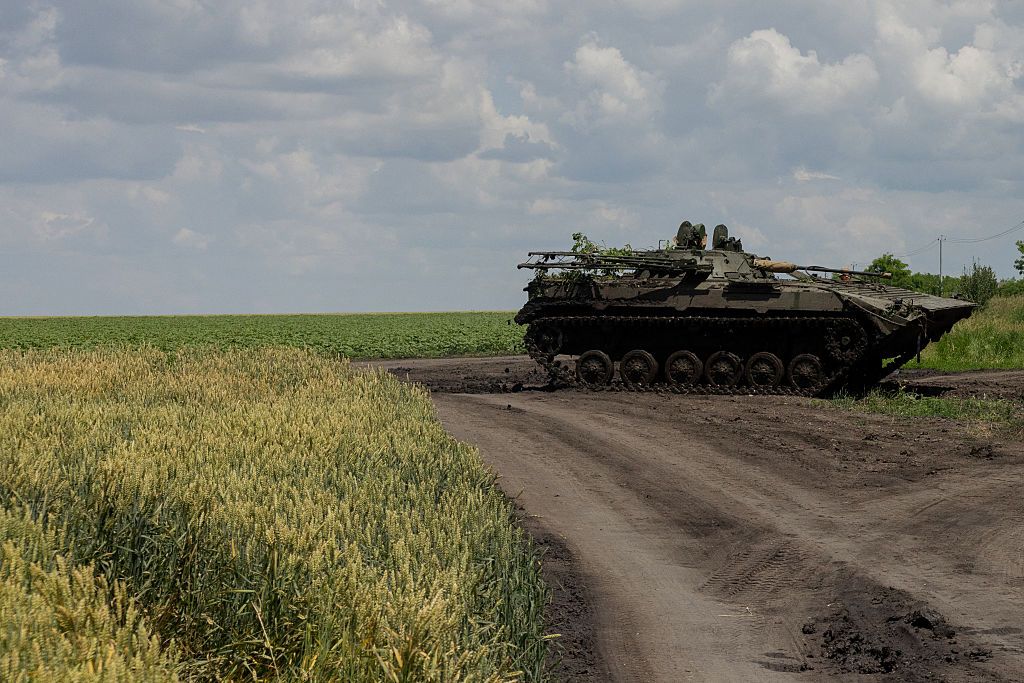'If someone doesn't like it, we'll close it' — Poland's Duda calls out Ukraine, allies over attitudes toward key military aid hub

Outgoing Polish President Andrzej Duda criticized Kyiv and its allies' attitude toward Poland's role in the pro-Ukraine coalition, particularly in transporting foreign aid through the Polish-Ukrainian border, Polsat News reported on July 9.
Since Russia launched its full-scale invasion in 2022, Poland has emerged as one of Ukraine's most committed allies, providing weapons, sheltering millions of refugees, and rallying international support.
Over time, relations between the two countries have faced strains due to political and economic disagreements, namely disputes over grain imports and historical grievances.
"I think the Ukrainians, along with our allies, seem to believe that the Rzeszow airport and our highways somehow belong to them, as if they were theirs. But they're not. They are ours," Duda said in a joint interview with Otwarta Konserwa, Nowy Lad, and the Jagiellonian Club.
"If someone doesn't like it, we'll close it, and goodbye."
The Rzeszow-Jasionka airport is located less than 100 kilometers (60 miles) from the Ukrainian border and transports the vast majority of Western materiel bound for the front lines in Ukraine. It is also a main stopover point for foreign leadership traveling to Kyiv on official visits.

Some 90% of aid for Ukraine was going through the airport in Rzeszow as of 2024, according to Polish Prime Minister Donald Tusk.
Duda expressed frustration over Poland's exclusion from key international discussions on aid deliveries through its territory, calling the omission a "scandal."
The president added that "there is no point in talking to Ukraine on this topic," suggesting instead that talks should be held with Poland's Western allies. "We need to have the courage to talk to the Germans and the Americans," he said.
Duda, a close ally of the conservative Law and Justice (PiS) party, has served as the Polish president since 2015. During his two terms, he has been a key ally of the United States and a vocal critic of Russia, particularly following the full-scale invasion of Ukraine.
In early June, conservative historian Karol Nawrocki won the Polish presidential election with 50.89% of the vote. He has previously voiced opposition to Ukraine's membership in the EU and NATO but supported Ukraine's sovereignty and ongoing Polish military aid.











